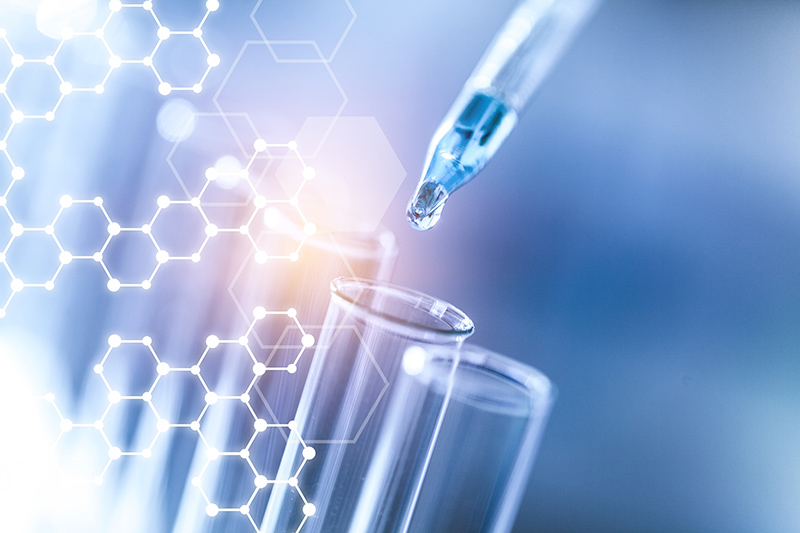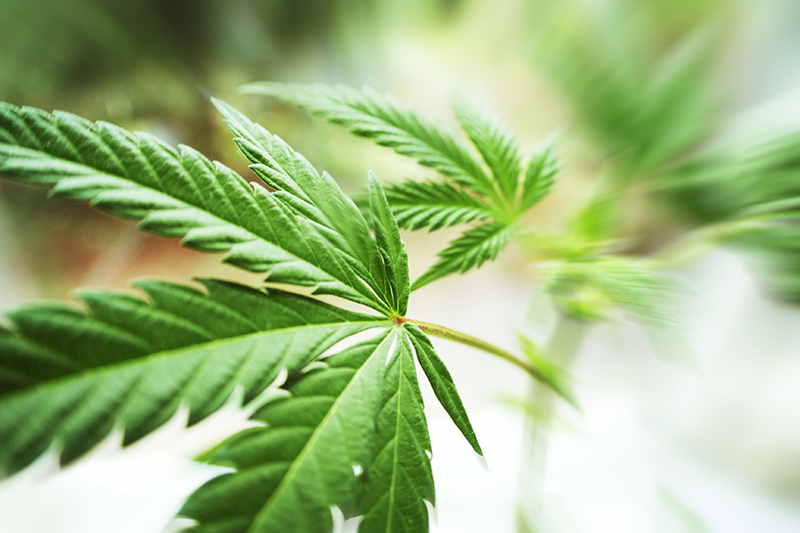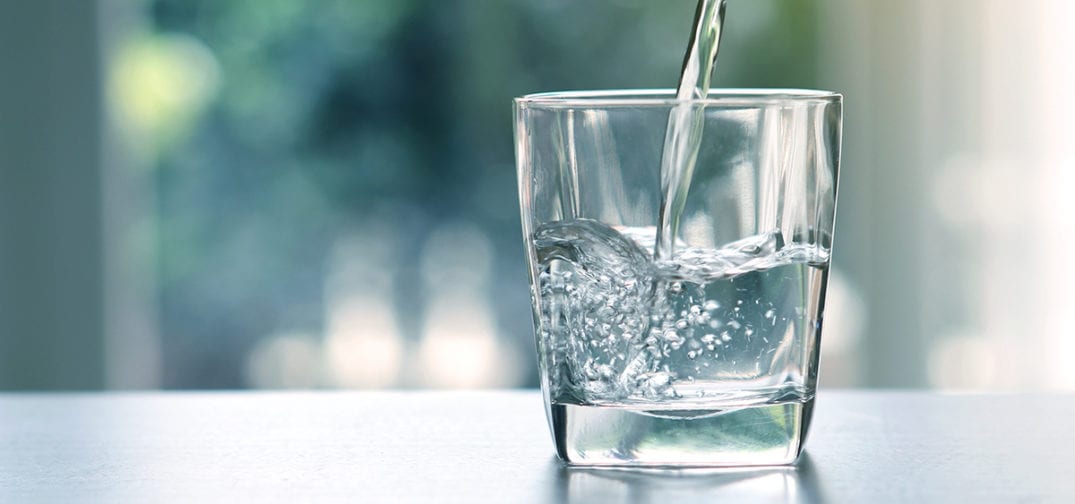The CBD industry is both exceedingly popular and exceptionally under-regulated. This combination has led to a surge of products entering the market, from CBD workout gear to infused pillows. However, with the lack of regulatory oversight many consumers have questioned whether the labels of these cannabinoid-infused products can be trusted. In fact, the FDA just warned 15 companies for illegally marketing and selling CBD products.
The Leafly exposé
In Summer 2019, Leafly published a deep dive investigation into this new industry, bringing 47 CBD products to a third-party laboratory on a mission to find out how much CBD they actually contained. In the shocking results, only about half of the products tested contained within 20% of the CBD that was labeled. Among those that failed, all four of the following CBD water products tested below 20%, with three out of four containing absolutely no CBD.
- Mountjoy Sparkling Water
- Fresh CBD Water
- Herbal Springs
- CBD Living Water
Each of these products were analyzed by Redmond-based testing lab Confidence Analytics for Leafly’s investigation. Mountjoy, Fresh, and CBD Living tested at 0% CBD while Herbal Springs tested at 7 mg CBD rather than the 10 mg that was advertised. All four CBD water products claim to use nanotechnology to emulsify CBD, resulting in equal distribution throughout a large quantity of liquid.

The plot thickens
Test results for CBD Living Water were also recently shared with The Blacklist XYZ (a user-generated cannabis news outlet) by an anonymous party who claimed that there was no CBD in the product, igniting a firestorm of comments on social media on the heels of Leafly’s investigation. Digging deeper, we also found an earlier independent investigation from KGW8, a Portland-based TV station, which had also hired a third-party lab and found zero CBD in the “infused” bottled water that they tested.
In a PDF that is now published alongside test results for CBD Living’s infused water, the company states that they have “provisionally concluded” that the nano-emulsified CBD in their product is only verifiable through a special process they describe as “BY INPUT,” and that standard HPLC tests will not be able to detect their CBD because the particles are too small.
What does the science say?
To provide clarity, Confidence Analytics Operations Director Pat Reynolds took the time to answer some of our questions about the process of testing infused beverages, the methods used in the process, and what “CBD nanotechnology” actually means.
According to Reynolds, “nanoemulsion” — referring to an emulsion whose droplet sizes are in the 20-200 nanometer range — is not the same thing as “nanotechnology,” which is the field of engineering that deals with the manipulation of individual atoms and molecules. He disagrees with the association that many of these brands have drawn, stating, “Nanoemulsions are produced by high-shear mixing… I guess you could call that a form of nanotechnology, but to my mind, that is a bit of a stretch.”
Reynolds disagrees with CBD Living’s claim that the CBD in their products would be undetectable after nanoemulsion. He explains:
“A CBD molecule is a CBD molecule. If you break it up into smaller fragments, it is no longer CBD and will not act like CBD. Adding ‘nano’ in front of the word does not change the molecule itself. Even if a beverage is presented as a nanoemulsion, when the lab adds a solvent as part of their extraction process, this causes the emulsion to break and anything encapsulated in the nanoemulsion will be visible to the lab’s instruments.”
Ganjapreneur reached out to CBD Living for comment, but the company had not yet responded by the time of this article’s publishing.
Different labs, different results
While CBD Living maintains that their nano-emulsified CBD is undetectable by most labs, they do provide test results alongside their infused water product — the most recent of which is dated August 7, 2019. The third-party laboratory that provided the testing certificate is Advanced Botanical Consulting & Testing, Inc., or ABC Testing, a California-based lab that specializes in testing beauty products, pharmaceuticals, and nutritional supplements. However, a brief investigation of publicly-available information about ABC Testing yielded some interesting results.
On June 4, 2019, ABC Testing was served with an official warning letter from the FDA following an inspection that resulted in four serious violations. In that letter, the FDA stated that the same violations were prevalent after an inspection of ABC Testing in 2012, implying that no action was taken by the lab after the first letter was received.
In total, the violations that ABC Testing was warned about included:
- Failure to establish and document the accuracy, sensitivity, specificity, and reproducibility of their test methods.
- Inability to ensure that laboratory records included complete data derived from all tests that are necessary to be compliant with established standards.
- No control exercised over a computer or related systems to ensure that only authorized personnel can institute changes in master products and records.
- Failure to routinely calibrate, inspect, or check equipment according to a written program designed to assure optimal performance and failure to maintain written records of calibration checks or inspection of equipment or computers used to manufacture, process, pack, and hold pharmaceutical products.
Ganjapreneur reached out to a compliance officer from the FDA, who explained that the case is in review and considered “open,” so they were unable to discuss any specifics. However, they did note that once the FDA has verified that “corrective and preventive actions” were taken at ABC Testing and those corrections are deemed adequate, the lab will receive a Warning Letter Close Out (WLCO). No such actions had been approved to date.

These aren’t the only issues related to the management and protocols in place at ABC Testing Inc. In fact, multiple sources claim that the company has a history of falsifying lab results.
According to a Trust Transparency report, in 2016 ABC Testing performed microbial analysis on a stool-softener drug and provided a certificate of analysis concluding that the bacteria Burkholderia cepacia (B. cepacia) was not present. When the FDA and CDC tested samples of the same lot, however, the agencies found Burkholderia cepacia (B. cepacia). This strain genetically matched one that was involved with up to 60 cases of illness and death directly related to the batch of stool softeners that ABC Testing had cleared.
Former employees of ABC Testing have also commented online that the company’s test results aren’t always 100% factual. In public reviews posted on Glassdoor, three separate individuals state that the lab’s supervisor changes test results to meet customer requests. The company has a 2-star rating overall, based on a total of 15 different reviewers.
Despite having received multiple warnings from the FDA dating back over 7 years, ABC Testing is still licensed and continues to operate, providing certificates for a wide variety of products ranging from CBD brands, to cosmetics, pharmaceuticals, and nutritional supplements. And months after Leafly’s expose and multiple other reports, CBD Living Water is still available via the company’s website, accompanied by its certificate from ABC Testing.
What’s a consumer to do?
Cannabis industry insiders have been advising friends and family for years to be cautious about which CBD brands to trust and what to avoid. One of the most frequently repeated recommendations to new CBD buyers has been to purchase from brands that publish third-party test results online, but it’s now clear that this is not enough. Consumers must also research the people behind the products, the claims used to market the products, as well as the labs that have certified those products. People who follow the industry may be able to assist those in their immediate circles, but this is not a realistic expectation for someone who is looking to purchase CBD online after reading testimonials or hearing about it from their neighbors.
The idea that the CBD landscape is vastly under-regulated and over-hyped is nothing new. However, the fact that FDA-approved testing labs can operate for years after receiving multiple warnings reveals that the risk to consumers extends far beyond the world of CBD. More than anything, this revelation suggests that consumers should not assume that any product is safe just because it is packaged professionally and presented to them in a familiar retail or online-shopping environment.
Get daily cannabis business news updates. Subscribe
End
